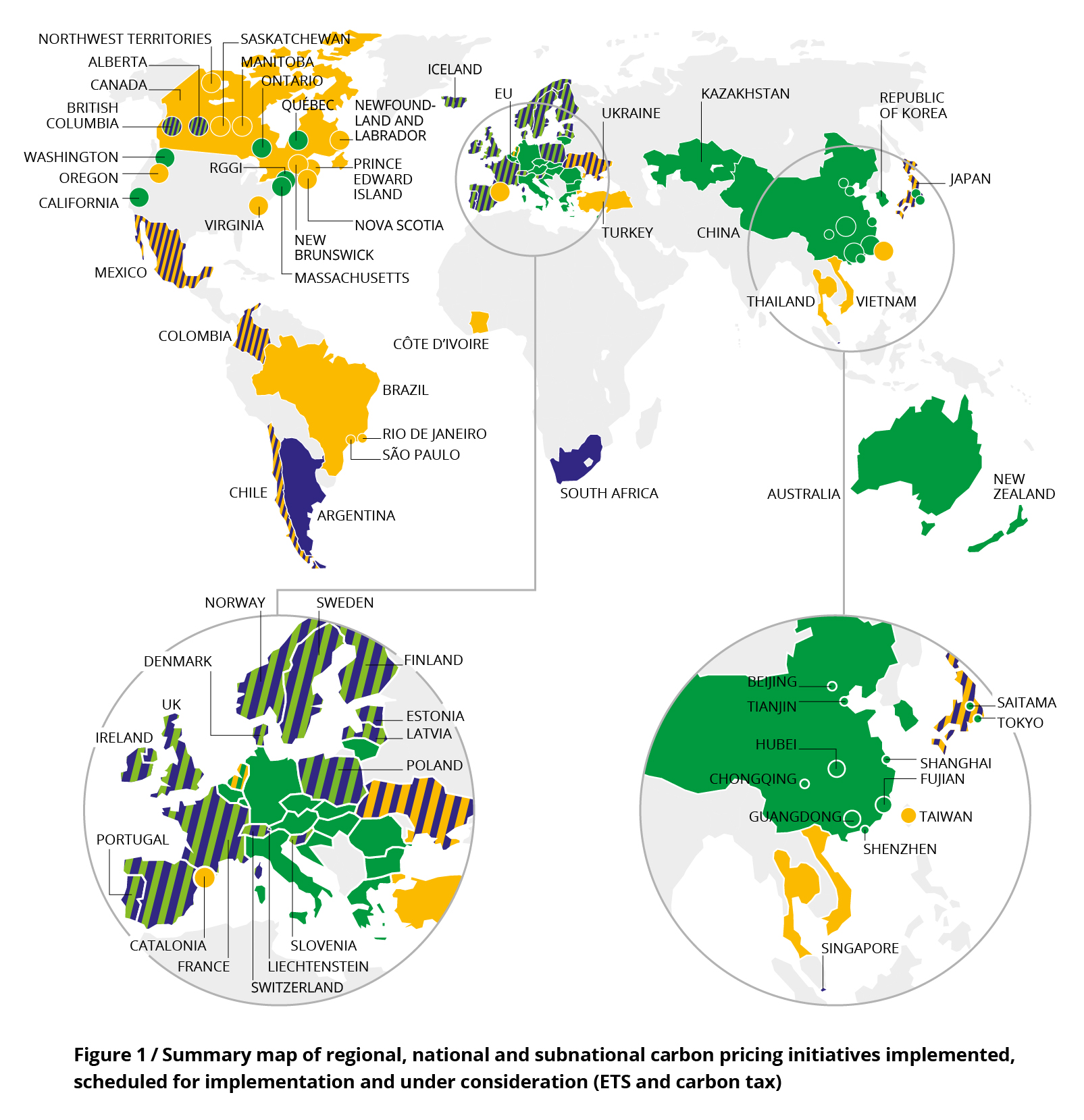Industrial Applications
“What excites me the most is that our technology’s applications are limitless.” – Emidio Di Pietro, VP Engineering
What can Pond do for you?

Pond Provides New Value
- Emitting large volumes of carbon dioxide, it’s no longer a risk or liability. It’s a potential revenue stream.
- Installing Pond’s system makes you a sustainability leader. Capture this value in your sustainability reporting and marketing strategy.

Pond Facilitates a Turnkey Solution
- Pond can work with an EPC contractor of your choice or recommend a firm we have worked with before.
- Pond can work with an EPC contractor of your choice or recommend a firm we have worked with before.
- Pond can facilitate third-party financing through various government incentive programs.

Pond is in the Algae Business, Not You
- Pond can operate the algae plant and arrange for algae sales.
- You focus on your business, not the algae business.

Getting Started
- The first steps involve a feasibility study to look at costs and revenue potential at your site.
- Pond can install a mobile algae unit, proving that algae can grow on your stack gas.
Interested? Contact Pond.
Carbon Credits
Carbon pricing mechanisms exist on every continent, with Scandinavian countries leading the way in the early 1990’s and the first North American jurisdiction to introduce carbon price occurring in Alberta in 2007.
Globally, since 1990, over 51 jurisdictions have put a price on carbon, including China (2017), the EU (2005), Japan (2012), and California (2012). Globally, national, sub-national, and regional governments continue to price carbon, either through a tax or a cap-and-trade system.

